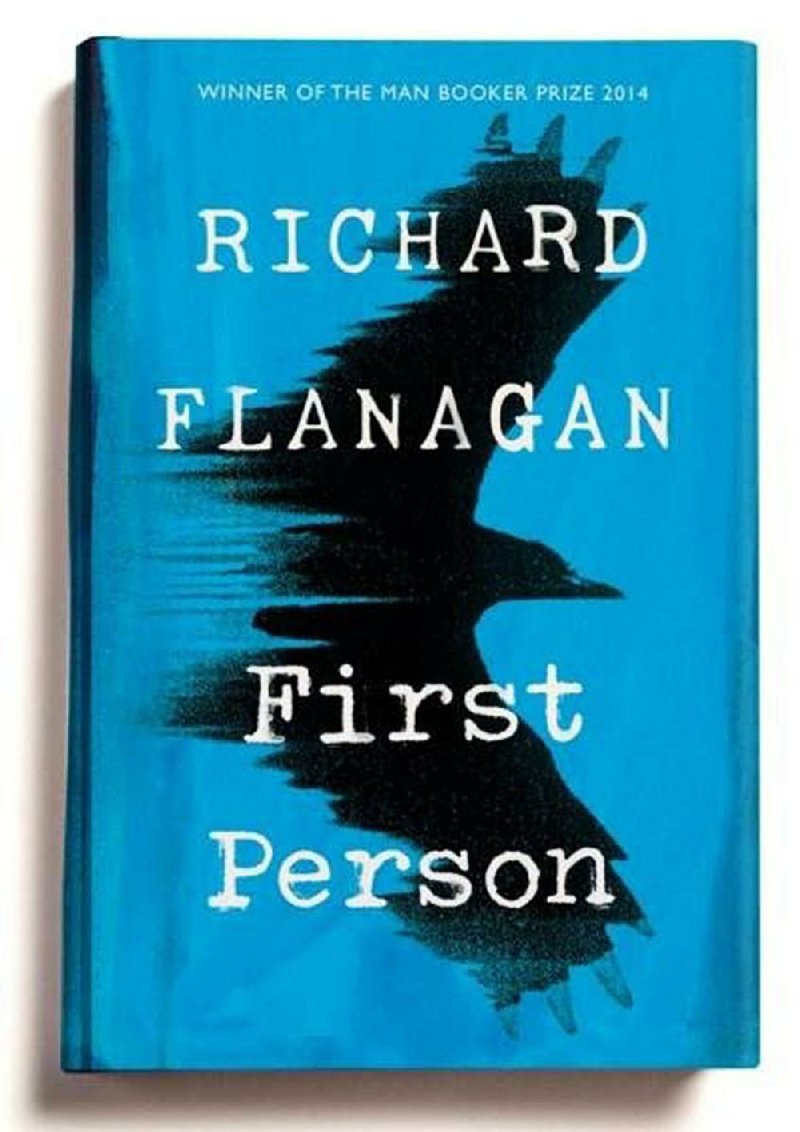Years before he won the 2014 Man Booker Prize for his novel The Narrow Road to the Deep North, Tasmanian writer Richard Flanagan took on a job: He agreed to ghostwrite the autobiography of one of the most notorious con artists in Australian history, a man born in Germany as Friedrich Johann Hohenberger.
Hohenberger had run into trouble in his home country. He was about to be arrested on embezzlement charges when he disappeared in the Italian Alps, sparking speculation that he had committed suicide or died in an accident. What really happened was he entered Australia on a tourist's visa, overstayed it, and began calling himself John Friedrich. He married a local woman, started a family, and began to rise to become the director of the Victorian division of the National Safety Council of Australia, a nonprofit paramilitary search and rescue group. As director, Friedrich arranged for hundreds of millions of dollars of loans, using among other things shipping crates supposedly packed with expensive gear as collateral.
Yet almost all of those shipping containers were empty. Friedrich's organization was just a huge Ponzi scheme. When questions arose in 1989, he disappeared along with $300 million. Police discovered his identity was faked. When they finally caught him, they discovered his German roots. There was speculation -- which Friedrich was happy to encourage -- that he was a CIA operative and the Victorian division of the safety council was a front for the intelligence operation.
Short of cash and awaiting trial, Friedrich cut a deal with a publisher to publish his autobiography. Desperate young Flanagan -- working as a laborer, with a pregnant wife and an unfinished first novel -- was engaged to work with him and was paid $10,000 to knock the book out in six weeks. Three weeks in, Friedrich's corpse turned up in the desert, a bullet in the head, leaving his ghostwriter with some sketchy notes.
Flanagan somehow finished the book. Codename Iago: The Story of John Friedrich has been called, by Australian critic Simon Caterson, "one of the least reliable but most fascinating memoirs" ever produced. Flanagan has said he "can vouch for the veracity of none of it" and that his job was "not to check facts but only to echo John's voice in its many and varied manifestations. This book is neither the full story nor the only story about John Friedrich. Its interest lies in its being his own story told in his own way."
Like former Gong Show host Chuck Barris' "unauthorized autobiography" Confessions of a Dangerous Mind, Codename Iago is best received as a lie that might uncover some deeper truth about its subject.
Flanagan's latest novel, First Person (Knopf, $26.95), is a meditation on the nature of storytelling and the corrosive effect of lies, informed by the author's experience with Friedrich but obviously a fiction. It is framed as a memoir -- not of the con man (who is called Siegfried Heidl) but of young Tasmanian would-be writer Kif Kehlmann. He is introduced into Heidl's circle by his rough childhood friend Ray, who has become Heidl's stooge and gofer.
Offered the job of ghosting Heidl's memoir, Kif is simultaneously flattered and appalled. He wants to turn the job down and, at first -- after briefly indulging his ego -- thinks that he will. But his wife is pregnant, his bank account is down to $200 and his ancient car is failing. So he leaves provincial Tasmania ("about which no one knows anything, least of all Tasmanians") for Melbourne ("a confident town, by its own estimate, if by few others, a great city") to meet the man himself. Kif accepts what he understands as a Faustian bargain (Kif is given to apocalyptic overstatement) and to be pulled deep into the solipsistic emptiness of a celebrity villain. Heidl has no intention of revealing anything authentic about himself, in part because he understands the lure and power of what we these days call fake news.
It's not an entirely successful novel, but it is a powerful and compelling read. Flanagan's self-pitying and self-absorbed manque Kif is not as good a writer as Flanagan is, which means that Kif's book has some awkward passages and repeats a lot that an unfettered Flanagan would handle with more subtlety. (I noticed this also in Tayari Jones' An American Marriage, which is in large part an epistolary novel driven by letters between characters who are smart but not especially invested in literary style.)
The subplots involving brutish Ray and Kif's stoic wife, Suzy, aren't strong enough to genuinely divert us from the central struggle for Kif's soul.
Yet there's a lot in here about the manufacture of reality and identity that feels true. Kif is no hero, but there are times when he sees the future, the media-consuming zombies and vampires of our slippery age.
Email:
pmartin@arkansasonline.com
blooddirtangels.com
Style on 04/22/2018

